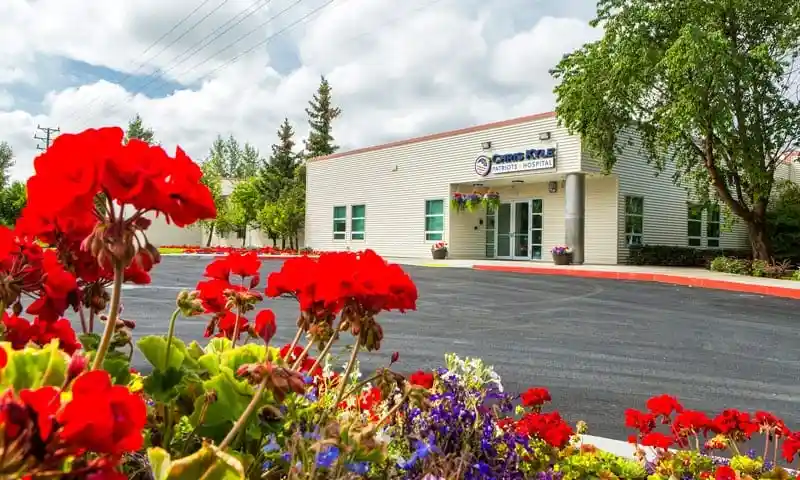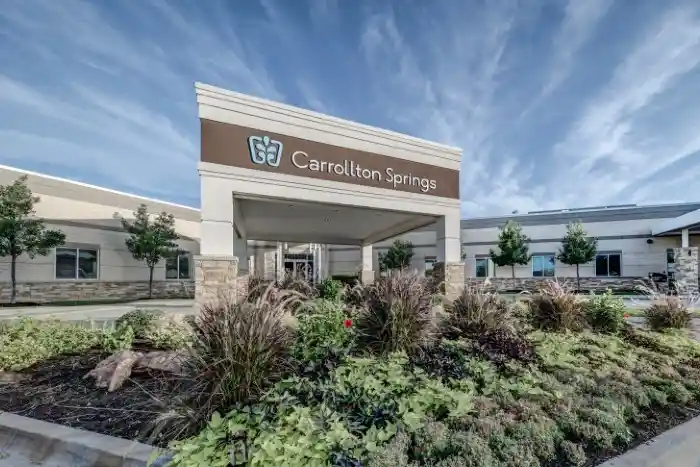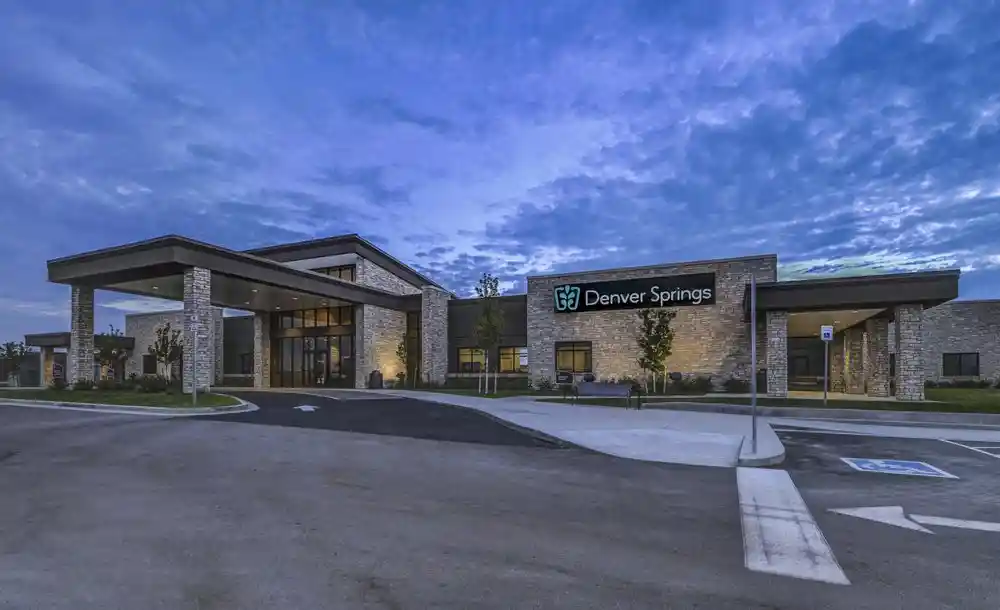










First responders—paramedics, firefighters, police officers, corrections officers—face daily physical and psychological challenges from job stress. The toll taken by these high-stakes professions necessitates specialized rehabilitation services tailored to address the unique needs of those who serve and protect. Here, we’ll cover the critical aspects of first responder rehab, outlining the essential services, types, benefits, and considerations integral to effective recovery programs.
A first responder faces unique challenges that require specialized rehabilitation options. Here’s a closer look at some effective therapies that address both mental and physical health needs:
Family therapy involves counseling that includes family members in the treatment process. This type of therapy is crucial for first responders as it helps build support systems at home and addresses the impact their stressful jobs can have on family dynamics.
EMDR is a psychotherapy treatment designed to alleviate the distress associated with traumatic memories. For a first responder who frequently face traumatic situations, EMDR can be particularly effective in processing these experiences and reducing post-traumatic stress symptoms.
CBT is a form of psychotherapy that focuses on changing negative patterns of thinking and behavior that are behind people’s difficulties, and so changing the way they feel. It’s used extensively among the first responder community to manage stress, combat depression, and address anxiety disorders.
DBT provides individuals with new skills to manage painful emotions and decrease conflict in relationships. Originally developed to treat borderline personality disorder, it has been adapted for a wide range of other conditions including PTSD, which is prevalent in emergency response professions.
Physical therapy is crucial for individuals who sustain physical injuries in the line of duty. Tailored exercise programs and manual therapy techniques help improve mobility, reduce pain, and speed up recovery, ensuring they can return to their roles safely.
Occupational therapy assists individuals in regaining their ability to perform job-related tasks following an injury. This therapy focuses on restoring physical functions and coping strategies for better job performance and daily living.
Peer support groups provide a space where people can share their experiences and challenges with fellow colleagues who understand their specific stressors and can offer empathy and insights from a shared perspective.
Programs that teach mindfulness and other stress reduction techniques can help people manage the high levels of stress associated with their jobs. Techniques such as meditation, yoga, and breathing exercises promote relaxation and mental clarity.
Each of these therapies offers unique benefits and can be integrated into a comprehensive rehab program tailored to the specific needs of a first responder, enhancing their ability to cope with the demands of their roles and improving their overall quality of life.

Types of Substance Use Disorder Services
Rehabilitation for first responders can broadly be categorized into physical and psychological therapies. Physical rehab might include injury treatment programs and physical therapy, while psychological support focuses on counseling, stress management, and treatments for behavioral health concerns such as alcohol abuse, Post Traumatic Stress Disorder (PTSD), co-occurring disorders, anger management, anxiety, etc.
Benefits of Specialized Rehabilitation
Specialized rehab programs offer targeted therapies that significantly improve recovery outcomes. These programs help reduce recovery time, prevent long-term disabilities, and address mental health issues promptly, which can improve overall job performance and personal well-being.
Key Components of an Effective Rehab Program
An effective rehabilitation program should include:
How to Choose the Right Addiction Treatment Program
Choosing the right program involves several considerations:
Challenges in Providing Substance Abuse Treatment Programs for First Responders
Despite the necessity of rehab programs, many challenges persist, including underfunding, stigma around mental health, and logistical barriers that prevent consistent access to necessary services.
The Role of Technology in Rehab
Innovations such as virtual reality therapy and mobile wellness apps are proving beneficial in the rehabilitation processes, offering new ways for a first responder to manage their recovery more effectively and discreetly. Whether they’re seeking treatment for underlying issues such as mental health, trauma treatment, behavioral health, etc, the role of technology in getting lasting recovery continues to evolve and improve outcomes for patients.
Support Networks and Community Involvement
Community and family member support are crucial in the rehab process. Effective rehabilitation is supported by strong networks that offer emotional and practical support throughout the recovery journey.
Funding and Insurance Options for Alcohol and Drug Rehab
Navigating insurance claims and finding funding for rehab can be daunting. It’s vital to understand what services are covered under insurance and what additional resources might be available through unions or grants.
Preparing for Return to Duty
Rehab programs should also prepare first responders for a safe return to duty, which might include phased returns or adjusted responsibilities, ensuring readiness and capability to return to their roles serving their community.
Future Trends in First Responder Rehab
The future of rehab for first responders looks toward more personalized and technologically integrated approaches, focusing on sustainability and accessibility of critical services.
Rehabilitation is as much a necessity as it is a challenge. The evolution of specialized programs and community support can significantly impact the well-being of those who dedicate their lives to helping others. It’s essential for such heroes to receive the support and care they need to maintain their health and continue their invaluable service.
